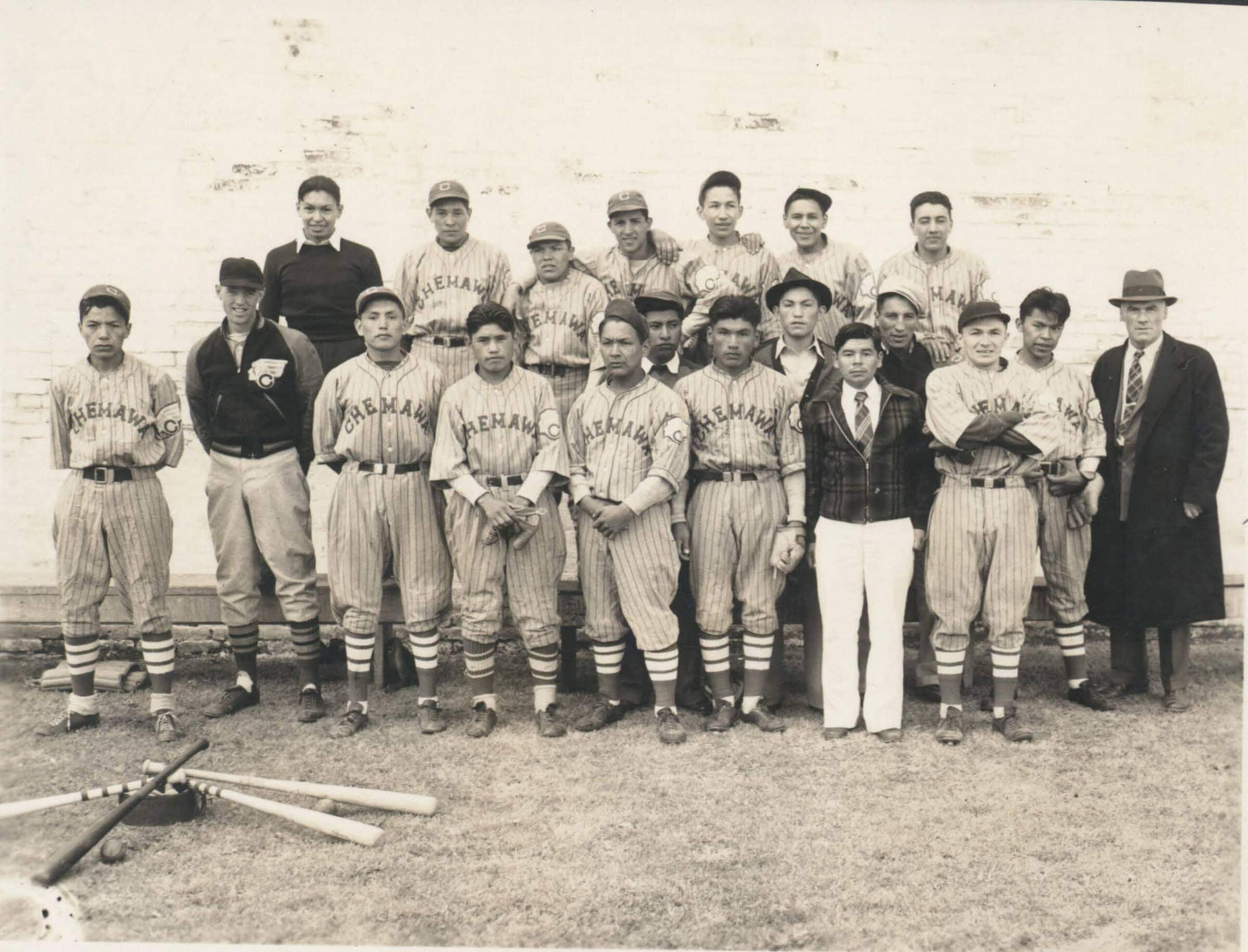The African American Educational Archives (AAEA) Initiative at Wayne State University will provide educators and scholars with valuable information about the history of African American education in the United States. Robert Smith, the project’s director, has been an educator since 1976 and has experienced firsthand the problems in predominantly black public schools. “Understanding the history of African American education, its place in U.S. history, where the issues come from that confront us, and how these issues were dealt with in the past, is crucial to making decisions about the direction of public education today,” Smith said.
Over the next five years, AAEA researchers will survey the holdings of historically black colleges and universities (HBCUs), private archives, state and local archives, and national repositories for information about African American education in the United States from the precolonial period to the present. The researchers will also study published materials on the history of African American education and oral history collections.
The survey of the holdings of the HBCUs, which has already begun, is a particularly important part of the AAEA project. “They [the schools] are the heart of this project because they contain the heart of the history of black education,” Smith said. “Many of these schools started out as high schools or common schools and grew into universities. They possess much of what is left of the black high schools closed after 1954, when legal segregation ended.”
Access to the materials gathered through the AAEA initiative is important to Smith. Those who research topics on African American education now rely heavily on word-of-mouth assistance from colleagues to locate information. Smith plans to develop a national database, multimedia products on CD-ROM, and printed reference guides to help scholars. In addition, the AAEA project will publish transcripts of oral history interviews and create a traveling exhibition to educate the public about its findings. Smith also plans to use the information gained through the AAEA initiative to produce a documentary on African American education. He hopes that the documentary will reach a broad television audience and equal the success of “Eyes on the Prize” and “The Civil War.”
AAEA’s home is within the Wayne State University library system, which has committed the time of librarians, instructional technologists, automation specialists, and archivists to help with the project. Smith, who praises the support of the university, is particularly grateful for the assistance of Taronda Spencer, a newly appointed Wayne State archivist. Spencer, a graduate of Spelman College, spent three months in 1993 traveling to HBCUs to survey their uncataloged materials in order to gain an understanding of their holdings. Spencer said that she was well received. “Every door was open; I got the keys to any closet. They were more than happy to have me there.”
Smith says that his idealism about what the archive will provide to educators, scholars, and students drives the AAEA project. Spencer Crew, director of the Smithsonian’s National Museum of American History, is similarly enthusiastic about what the AAEA initiative will accomplish. Crew commented, “I have watched the African American Educational Archives project grow over the last three years and I am impressed with the direction that it has taken. When completed, this survey will provide educators and scholars with easy access to primary source materials for use in a variety of types of research. The promised survey will be a significant contribution to the resources on the history of the United States.”
For more information on the AAEA project, contact Robert Smith, Wayne State University Libraries, 134 Purdy Library, Detroit, MI 48202. (313) 557-8165.


